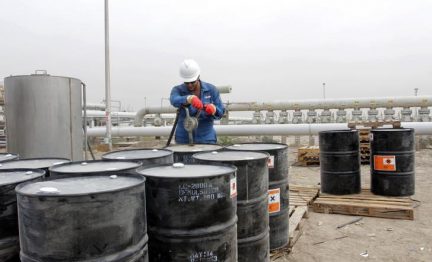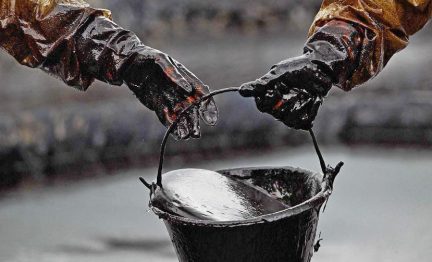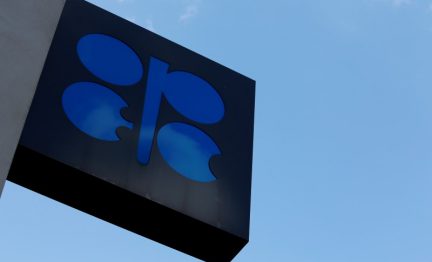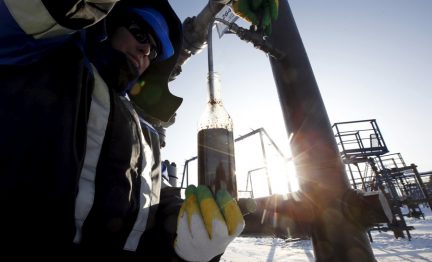OPEC oil output rises for second month in June
The Organization of the Petroleum Exporting Countries pumped 26.70 million barrels per day (bpd) last month, up 70,000 bpd from May, according to a survey

The Organization of the Petroleum Exporting Countries pumped 26.70 million barrels per day (bpd) last month, up 70,000 bpd from May, according to a survey

OPEC said steady global economic growth has continued in the first half of 2024 and forecast that world oil demand would rise by 2.3 million bpd in the second half

The Organisation of the Petroleum Exporting Countries pumped 26.63 million barrels per day (bpd) last month, up 145,000 bpd from April, a survey stated

OPEC+ agreed to extend most of its deep oil output cuts well into 2025 as the group seeks to shore up the market amid tepid demand growth, high interest rates and rising rival U.S. production

The increase in global oil inventories during April, due to weak fuel demand, could strengthen the rationale for OPEC+ producers to maintain supply cuts at their meeting on June 2

OPEC and its allies have yet to begin formal talks on extending voluntary oil output cuts of 2.2 million barrels per day beyond June, but they could keep the cuts if demand fails to pick up

A meeting of senior OPEC+ ministers kept oil output policy unchanged and pressed some countries to increase compliance with output cuts

OPEC+ will hold an online meeting of the Joint Ministerial Monitoring Committee (JMMC) on April 3 to review the market and the implementation of production cuts by members

Russia’s government has ordered companies to reduce oil output in the second quarter to ensure they meet a production target of 9 million barrels per day (bpd) by the end of June

The short-term growth in global oil and liquid fuels production will be primarily driven by the United States, Guyana, Canada, and Brazil, offsetting the voluntary cuts by OPEC+, forecasted the EIA